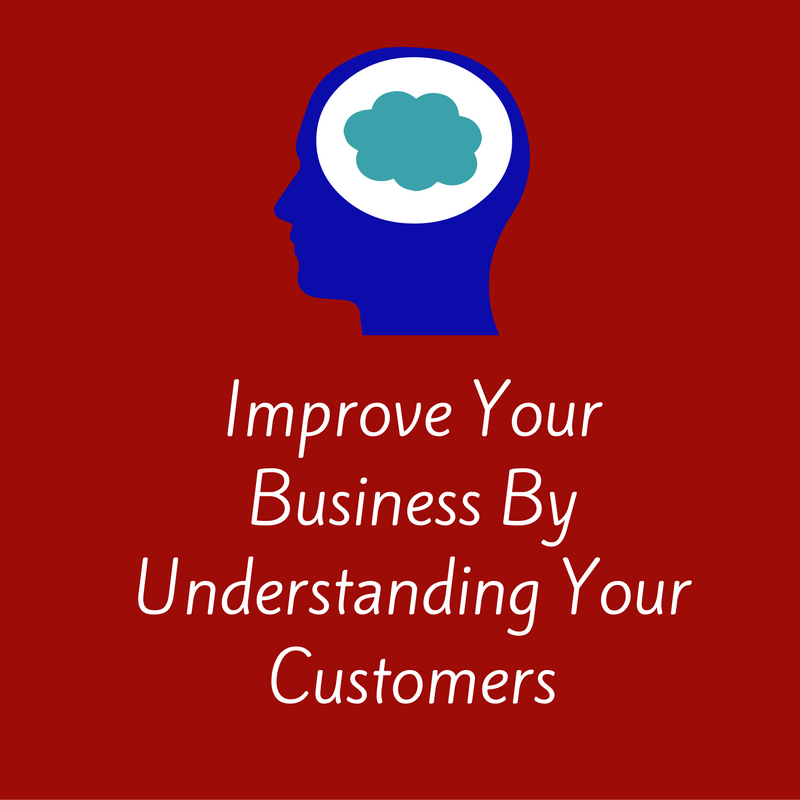Improve Your Business By Understanding Your Customers
Most Popular
Our Testimonials
- "When it comes to social media Alan is extremely knowledgeable, easy to get on with and it was a pleasure to work with him. He is one of life’s good guys. Nothing is too much trouble for him. He listens to your social media challenges and gives you strategies and tools that work."Maureen Sharphouse
Coach, Speaker, Mentor - “Chat Marketing have helped steer us through the bewildering array of Social Networking opportunities and have shown us how to get the most out of this medium from a business point of view. Alan is easy to work with, a good listener who delivers excellent results.”David Adams
Adams Law - “I've just attended Chat Marketing's "Twitter4Business" workshop this morning. What an excellent and informative event. I would highly recommend Alan and Chat Marketing to any business looking to get started in the bewildering world of social media. Many thanks Alan.”Andy Perkins
F8 Venues

I don’t know why it took me so long to survey my past clients, but when I recently sent a short questionnaire to my customers I learned a ton of useful information that is already helping me improve my marketing, and will continue to shape my communications in the future.
What prompted me to do this exercise was two things! Firstly, I was aware that I didn’t have a formal system in place for following up with clients in the weeks and months after the training. I would run into clients at networking events and learn that they had signed up a new customer within a week of a workshop that I’d done with them, or that 60% of attendees at a recent event they had hosted had heard about it thanks to their social media efforts, or that they had a rush of new enquiries. You get the picture!
Anyway, the point I am trying to make is that I was only finding out about these successes by accident. It would clearly be more beneficial if I had a system in place to track the results my clients were getting, on an on-going basis. And secondly, related to my first point, because I was not gathering this information systematically there were key gaps in my knowledge about my clients and the problems that I was solving for them.
Why is This a Problem?
The more we know about our customers, the more efficient and effective our marketing efforts become. When you know your customers well, you know where to reach them and you will be speaking in their language, so your messages are more likely to be effective.
Not only that but you will have a better understanding of who your ideal client is, based on the results that you are able to get for them. This will allow you to become more niche focused, which is ultimately going to be better for your business.
Of course the opposite is true when you don’t have that information. You will potentially be spending hours of your time (and money) trying to reach your audience everywhere, because you don’t know where they hang out. Even when you do find them, your marketing communications will be less effective because you are not able to talk about their specific pain points, in terms that they would use themselves.
What I Wanted to Find Out
I wanted to know what my customers’ pain points were; what made them seek help from me in the first place. Knowing this means that you can more easily identify other clients that have similar issues and speak to them in a way that they are more likely to respond to. I also wanted to quantify the business benefits they gained from working with me, as well as non-business benefits. Business benefits are those that you can easily point to and say that they have improved your business results e.g. more clients, increased turnover, increased email subscribers etc, whereas non-business benefits would be things like increased confidence, greater clarity and focus (qualitative measurements).
Having a handle on both types of benefits was important to me because when I am having sales conversations with potential customers, some respond better to facts and figures. These are the analytical types who want to know that by working with me they are going to get more customers, increase their email subscribers, enhance their visibility etc., whereas other people tend to respond to more relational benefits. Having information relating to both types of benefits means that I am now able to choose the most appropriate information to share, depending on the type of person I am speaking to.
Of course, trying to find out whether the person you are speaking to is analytic or relationship focused can be a challenge, but as a rule of thumb you will tend to feel more comfortable speaking to a person who shares the same personality type as yourself, so if the conversation is not going the way you want it to go, it could be that the person you are communicating with has the opposite personality type to you. You will instinctively know what your personality type is. For example I am more ‘relational’ than ‘analytical’, so although I still want to know the results that I’ll achieve when I buy something, how it makes me feel is more important to me than seeing bar graphs and pie charts, whereas other people love nothing more than pouring over analytics and spreadsheets.
The other piece of information I wanted to find out was how their behaviour had changed as a result of working with me. This provided more rich information about how my client’s day-to-day activities had changed, which allows me to paint a more complete picture of what things might be like after working with me.
In addition to all this great insight, I also got a load of new testimonials which I can now add to my website and share on social media. This social proof is important as it gives your potential customers the confidence that you can get similar results for them.
Here’s What I Did
In order to get this information, I created a surveymonkey questionnaire with 5 key questions:
- Before you started working with Chat Marketing what problem or situation were you facing in your business that made you seek out expert help?
- What business benefits can you attribute to working with Chat Marketing e.g. more customers, increased sales, increase in email subscribers etc. (please be as specific as you can)?
- What other benefits can you attribute to working with Chat Marketing e.g. increased confidence, productivity, increased clarity or focus?
- If applicable, how has the training/coaching changed how you do your day-to-day job?
- Would you be willing to provide a short testimonial of your experience working with Chat Marketing? If you answered ‘Yes’, use the text box below to tell us about your experience.
I emailed the questionnaire to everyone I had worked with since starting the business in 2010, and offered a prize of a £25 Amazon gift voucher to be drawn from all completed entries received by a certain date. I was really impressed with the response rate that I got and the quality of the information that the respondents provided.
Conclusion
The information that I got back from the survey has been so useful, that I wish I had done this exercise years ago. Since the survey, I’ve been going through the results to ascertain the most common business and non-business benefits in an attempt to discover what types of businesses see the biggest impact from the training they’ve done with me.
I’ve still not finished all the number crunching (what did I say about me and analytics?) but I’m already using the insights gained in my marketing, and seeing encouraging results.

